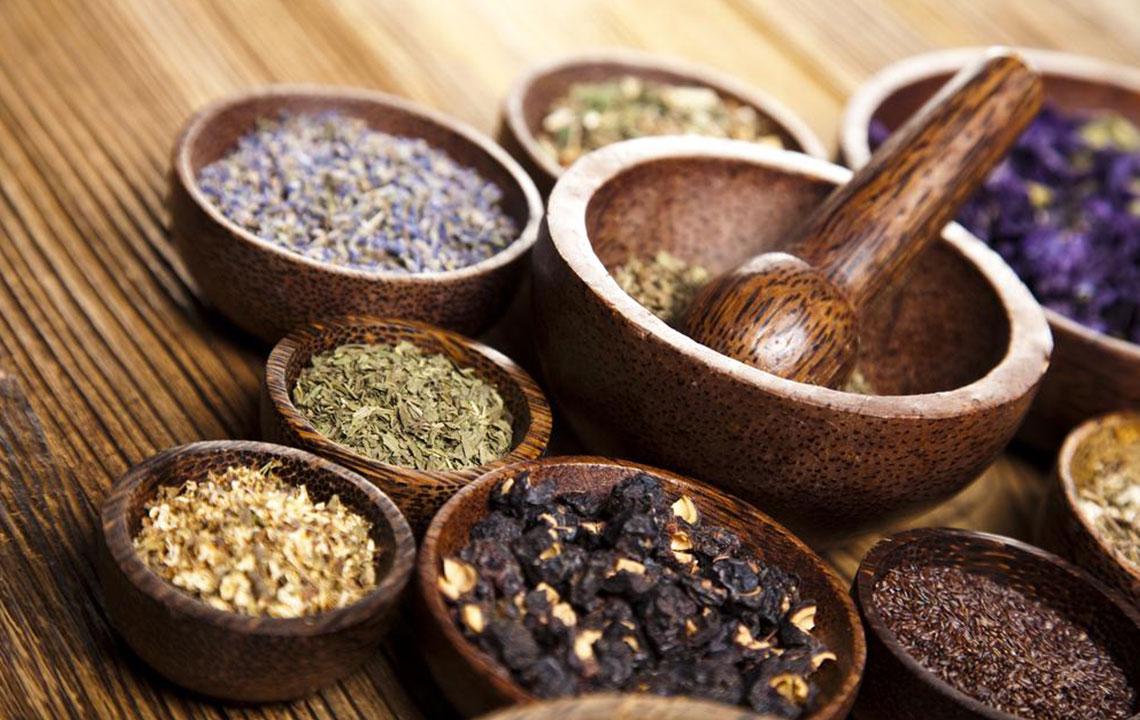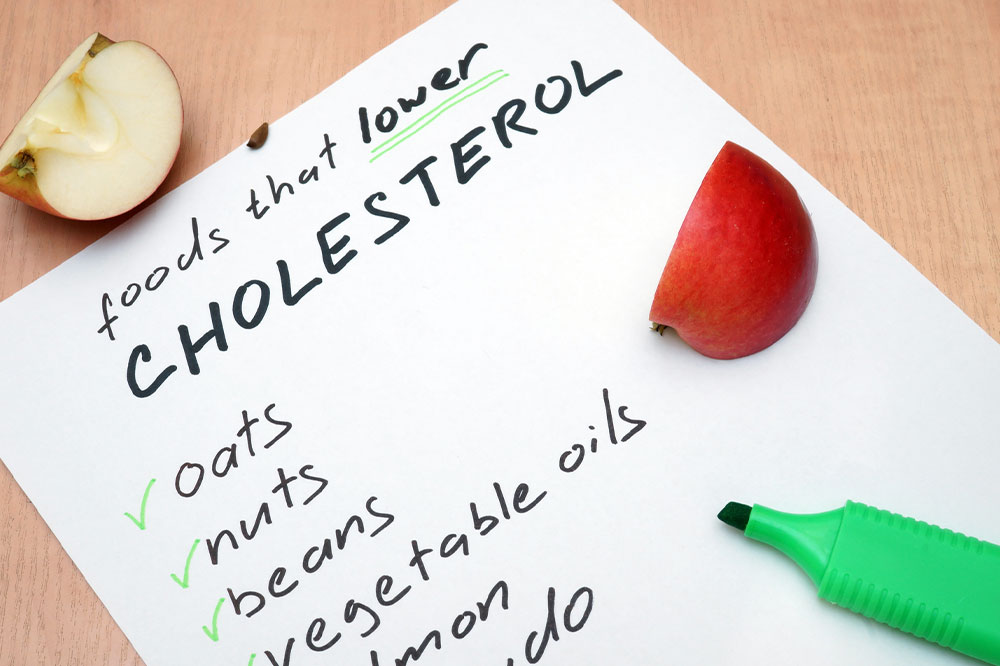Effective Natural Strategies for Managing High Cholesterol Levels
Discover comprehensive natural strategies to effectively manage high cholesterol levels. This detailed guide highlights herbal remedies, dietary tips, and lifestyle changes supported by scientific research to support heart health and prevent cardiovascular diseases. Incorporate these proven natural methods into your routine to enhance your well-being and maintain healthy cholesterol levels in the long term.

Comprehensive Natural Approaches to Lower Elevated Cholesterol
High cholesterol levels are a common health concern that can lead to serious cardiovascular issues if not managed properly. While medications are often prescribed, many individuals seek natural, herbal, and lifestyle-based strategies to control their cholesterol levels effectively. Early detection combined with these holistic methods can significantly improve heart health and prevent complications. Scientific studies provide evidence supporting the potential benefits of various herbal remedies, dietary modifications, and lifestyle adjustments in reducing LDL cholesterol, improving HDL levels, and promoting overall cardiovascular wellness.
This article explores a wide range of natural and herbal options that can be seamlessly incorporated into daily routines, dietary plans, and health practices to support cholesterol management. These strategies do not substitute medical treatment but can complement conventional therapies, reduce reliance on drugs, and promote long-term well-being.
Astragalus
Astragalus, a revered herb in Traditional Chinese Medicine, has garnered recognition for its immunomodulatory and anti-inflammatory properties. It is classified as an adaptogen, meaning it helps stabilize the body's response to stress and supports overall health. Recent research suggests that Astragalus may play a supportive role in protecting cardiovascular health by reducing inflammation, preventing oxidation of LDL cholesterol, and supporting immune function. While it is not a standalone solution for high cholesterol, it can be a valuable addition to a heart-healthy regimen, especially when combined with other lifestyle changes.
Hawthorn
Known as the "heart herb," Hawthorn (Crataegus spp.) has been used since Roman times to treat various cardiac conditions. The plant’s leaves, berries, and flowers contain bioactive compounds that are thought to improve blood flow, strengthen heart muscles, and support healthy blood pressure levels. Although evidence regarding its direct effect on lowering cholesterol is limited, some studies indicate that Hawthorn may help alleviate mild heart failure symptoms and promote overall heart function, making it a beneficial herbal addition for cardiovascular health maintenance.
Flaxseed
Flaxseed, derived from the flax plant (Linum usitatissimum), is renowned for its rich content of omega-3 fatty acids, particularly alpha-linolenic acid (ALA). Consuming ground flaxseed or flaxseed oil can help reduce total cholesterol and LDL cholesterol levels, especially in individuals with elevated cholesterol or postmenopausal women. Its high fiber content also aids in digestion and promotes satiety, contributing to weight management—a critical factor in cholesterol regulation.
Fatty Fish Rich in Omega-3s
Incorporating fatty fish such as salmon, mackerel, sardines, and herring into your diet offers significant cardiovascular benefits. These fish are abundant sources of omega-3 fatty acids, which are proven to lower triglycerides, reduce inflammation, and decrease the risk of heart disease. Regular consumption of these fish or taking omega-3 supplements can support healthy cholesterol levels and improve overall heart health. Other plant-based sources include walnuts, chia seeds, soybeans, and canola oil, which can supplement Omega-3 intake.
Garlic
Garlic (Allium sativum), a common culinary and medicinal herb, has a long history of use in promoting heart health. Its bioactive compounds, including allicin, are thought to help lower blood cholesterol levels, reduce blood pressure, and inhibit the progression of atherosclerosis. Research indicates that consistent garlic intake over at least three months can lead to noticeable improvements in lipid profiles and cardiovascular markers. Incorporating garlic into meals or taking standardized supplements can be an effective natural strategy.
Red Yeast Rice
Red yeast rice is a traditional Chinese supplement produced by fermenting rice with yeast (Monascus purpureus). It naturally contains monacolin K, a compound chemically identical to the pharmaceutical drug lovastatin, which actively reduces LDL cholesterol. While effective, products vary significantly in potency, and some may contain contaminants. Therefore, it is crucial to select high-quality, reputable red yeast rice supplements and consult healthcare providers before use to prevent potential side effects or interactions with other medications.
Plant Sterols and Stanols
Found naturally in small amounts in vegetables, fruits, grains, nuts, and seeds, plant sterols and stanols can significantly lower LDL cholesterol levels. These compounds are added to processed foods like margarine, yogurt, and orange juice to enhance their cholesterol-lowering effects. By blocking the absorption of cholesterol in the intestines, plant sterols and stanols help reduce bad cholesterol and, consequently, diminish cardiovascular risk. Incorporating fortified foods or supplements into your diet can be an effective, natural way to manage cholesterol levels.
While natural remedies and lifestyle changes are powerful tools for managing cholesterol, they are most effective when combined with conventional medical treatments and regular health monitoring. Medications like statins, fibrates, ezetimibe, and bile acid sequestrants remain essential options for many individuals, especially those with severe hyperlipidemia or existing cardiovascular disease. Nonetheless, adopting a heart-healthy lifestyle—focused on balanced nutrition, physical activity, stress management, and routine health screenings—forms the foundation of effective cholesterol management. Always consult a healthcare professional before beginning any new treatment or supplement, particularly if you have underlying health conditions or are on medication.





